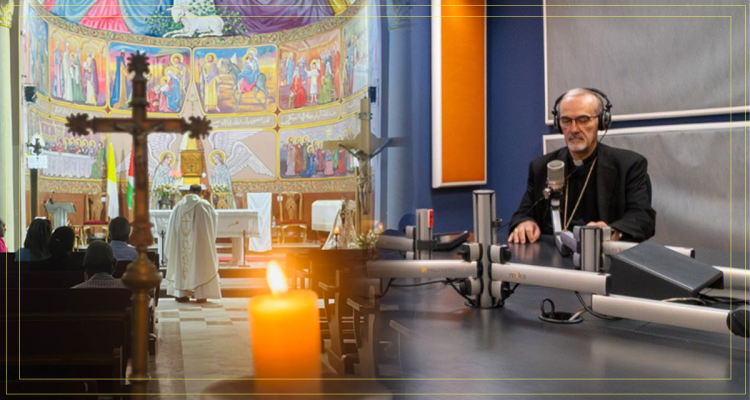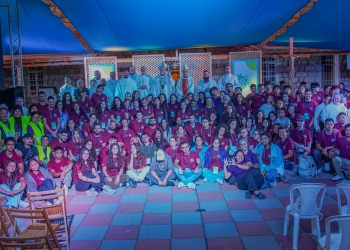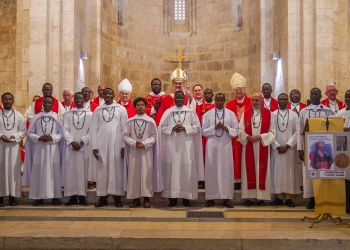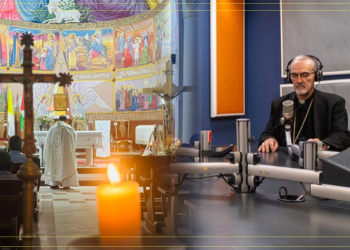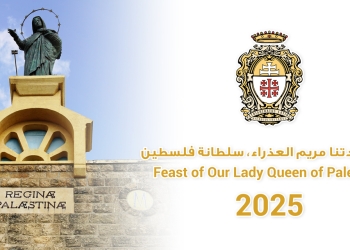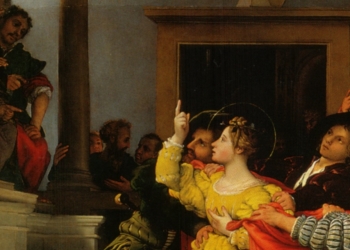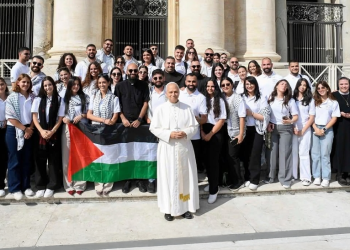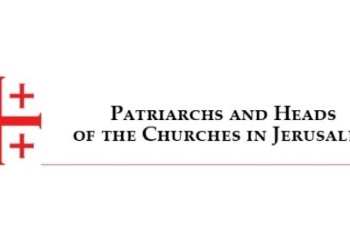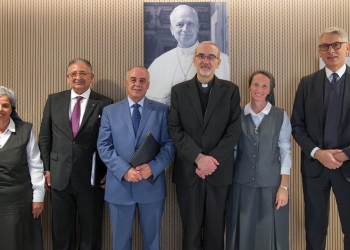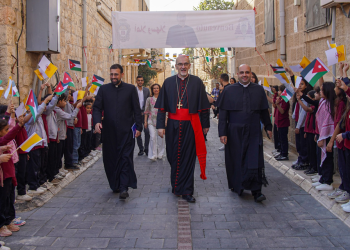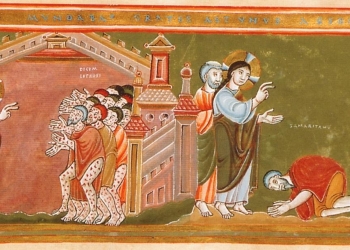On October 15, 2025, His Beatitude Cardinal Pierbattista Pizzaballa, Latin Patriarch of Jerusalem, accepted the Achille Silvestrini International Prize for Dialogue and Peace in Rome, on behalf of Fr. Gabriel Romanelli, and the clergy who were honored for their steadfast witness amid war — a tribute to a Church that refuses to abandon the vulnerable and continues to defend human dignity under siege. “In a city besieged by hunger and destruction, the priests and sisters sheltered and served hundreds of displaced people—women and children above all—offering an extraordinary witness to solidarity and peace,” said the awarding committee. Established in 2022 to honor Cardinal Achille Silvestrini, the Vatican diplomat renowned for his lifelong pursuit of peace and interreligious dialogue, the prize recognizes those who embody reconciliation and human fraternity.
On the day of the award, Vatican Radio conducted an exclusive interview with Cardinal Pizzaballa, during which he reflected on the fragile truce which took place on October 8th, and on the need for “a new language, new words, and new witnesses” to rebuild, tend to the wounds of both sides, and work toward a future that does not repeat the past, saying: “We have a duty toward our communities — to help them look ahead, positively and serenely, toward a different future,” he affirmed.
Speaking about Gaza’s Christian community, Cardinal Pizzaballa said: “They still cannot believe they were able to sleep through the night without hearing the sound of bombs.” He described the situation as “dramatic because everything is destroyed. People are returning, but they are returning to the ruins. Hospitals are not functioning; schools do not exist... The mistrust between the parties remains high. However, there is a new atmosphere — fragile, but we hope it will become more stable.”
The Patriarch noted of there is a shared hope that it marks not just a temporary pause but a true beginning, so “life may resume with a new perspective — one that is not war and violence.”
Reflecting on the path toward hope and fraternity, he acknowledged that “it will take time” because “the wounds are deep,” yet underlined the importance of “new voices who can help rebuild a different narrative, one based on mutual respect.” He stressed the generational mission: “The task of this generation is to prepare the next one. Little by little, we must create foundations and conditions, with new faces and new leadership, and create environments that gradually foster a culture of respect, which will in turn bring peace.” He also spoke of the need of new leaders willing to speak “a new language, new words” to counter “the narrative of contempt, rejection, and exclusion" that has been fed on for years.
Looking ahead, he expressed hope for the return of pilgrims to the Holy Land: “It’s time to show solidarity not only through prayer and aid, but also through pilgrimage.”

